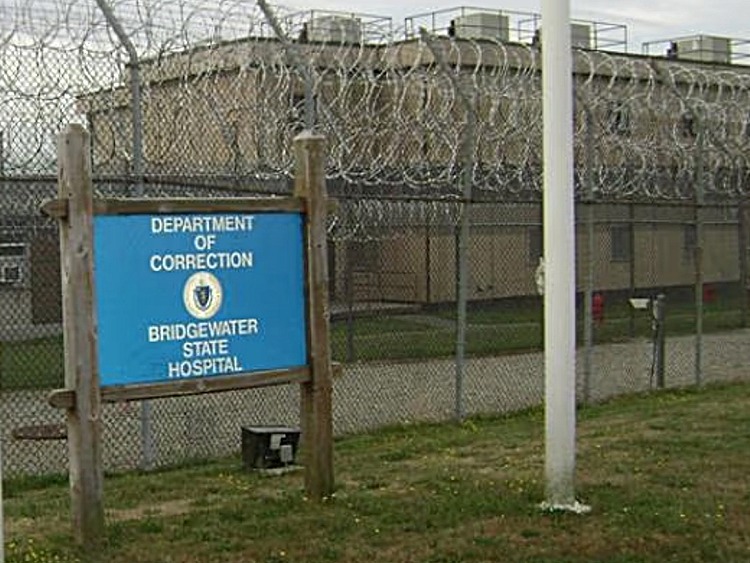So says State Rep. Ruth B. Balser, explaining a bill she has filed — HD2465 An Act Ensuring Access to Addiction Services. This bill prohibits sending men who suffer from a serious substance-use disorder — and are civilly committed for involuntary treatment — to a treatment facility overseen by the criminal justice system. It requires, instead, that those individuals be treated in a health care facility and directs the Secretary of Health and Human Services to develop capacity to treat men who are committed under what is called Section 35. In 2016, legislation was enacted that prohibited sending civilly committed women to a prison facility and since then, if they are deemed at serious risk because of their substance use disorder, women are sent to facilities overseen by either the Department of Public Health (DPH) or the Department of Mental Health (DMH).
Currently, Massachusetts is thought to be the only state allowing judges to place addicted men who are considered to be dangerous to themselves or others in prison-based addiction programs if there are no beds available in health care facilities. “If we ran out of cardiac beds, we wouldn’t send patients to prison because they have available beds,” Balser said. A clinical psychologist, she noted that seriously mentally ill people, who are considered an imminent danger to themselves or others, can be civilly committed to involuntary treatment under Section 12 to a secure facility, but not one under the Department of Corrections. They are sent to a secure psychiatric facility.
There are 215 beds for men in treatment programs run by DPH and DMH. They are typically full, so the Courts send the additional civilly committed men to either the Massachusetts Alcohol and Substance Abuse Center (MASAC) in Plymouth, which is overseen by the Department of Corrections, or to the Stonybrook Stabilization and Treatment Center in Ludlow, which is overseen by the Hampden County Sheriff’s Department. These two correctional facilities provide a total of 312 beds.
A 2019 state-sponsored commission tasked with reviewing Section 35, on which Rep Balser served, recommended prohibiting these programs from being sited in prison facilities, after hearing testimony from addiction specialists and others about the harm in treating individuals who are ill as prisoners in prison settings.
Another bill that Rep Balser has filed — HD3540 An Act Relative to Treatment, not Punishment — is similar in that it mandates that addiction be recognized as an illness. When individuals who are suffering from substance use disorder are on probation and relapse, they are required to be in a treatment program, rather than be sent back to prison. Rep. Balser said, “People who haven’t committed a crime shouldn’t be sent to prison. Relapse is part of the illness of addiction; it is not a crime.”
In addition to her concerns about treatment for individuals who suffer from addiction and are caught up in the criminal justice system, Rep. Balser is also concerned with the severely mentally ill who land in the system. She has criticized the treatment of inmates at Bridgewater State Hospital, also run by the Department of Corrections. Bridgewater, which is a prison, houses male inmates who have committed crimes but are severely mentally ill and are deemed unable to stand trial, or are declared not guilty by reason of mental illness, or have been transferred from another facility after conviction but their illness is so severe they cannot be housed at a standard prison. The Disability Law Center echoed her concerns in a comprehensive and scathing review of Bridgewater. Under Rep. Balser’s bill, Bridgewater State Hospital would actually be a hospital under the administration of the Department of Mental Health.
A third bill — HD3275 — ensures that inmates in all correctional facilities who suffer from substance-use disorder be provided with addiction treatment medication and behavioral health counseling “from pretrial detention through post-conviction,” when recommended by a physician.
In its annual listing of bills it supports, the American Civil Liberties Union of Massachusetts has included Rep. Balser’s bills regarding Section 35 and the need for consistent, ongoing treatment for addicted people, and WBUR has focused on her bill to send people committed under Section 35 to expanded mental health facilities.







